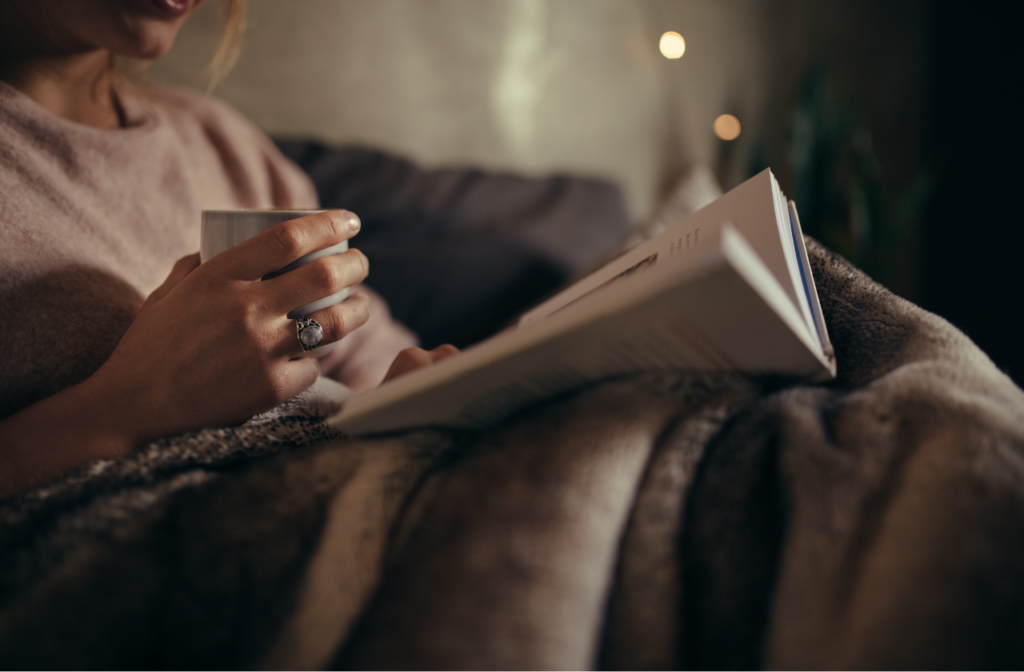Does Coffee Influence Your Sleep?
Coffee is one of the most widely consumed beverages globally, with billions of people enjoying its rich aroma and invigorating effects daily. However, while coffee offers an energizing boost, its primary active ingredient, caffeine, can have significant implications for our sleep quality and duration. Understanding the relationship between coffee and sleep is crucial for promoting optimal sleep hygiene and overall well-being.
Coffee and Sleep Physiology

Caffeine is a central nervous system stimulant that works by blocking the action of adenosine, a naturally occurring compound that promotes sleepiness. By interfering with adenosine receptors, caffeine reduces feelings of fatigue and increases alertness. Additionally, caffeine can stimulate the release of adrenaline, which further contributes to its energizing effects.
Caffeine’s ability to promote wakefulness and counteract sleepiness can disrupt the natural sleep-wake cycle regulated by the body’s internal clock. Consuming coffee, especially in the latter part of the day, can delay the release of melatonin, a hormone responsible for inducing sleepiness and regulating circadian rhythms.
Numerous studies have demonstrated that caffeine consumption, particularly in the hours leading up to bedtime, can significantly delay sleep onset. A recent meta-analysis published in the Journal of Clinical Sleep Medicine (2021) found that consuming caffeine as little as six hours before bedtime can increase the time it takes to fall asleep by an average of one hour.
To minimize the impact of coffee on sleep onset, experts generally recommend avoiding caffeine consumption at least six to eight hours before your desired bedtime. However, individual sensitivity to caffeine can vary, and some people may need to adjust their cutoff times accordingly.
Weird Coffee Tip: Coffee has numerous effects on the body, and many coffee drinkers wonder if coffee is unhealthy to drink. Find the answer in this article:
Is Coffee Good For You?
Coffee and Sleep Quality

Coffee consumption can not only affect the ability to fall asleep but also the quality of sleep itself. A study published in the Journal of Clinical Sleep Medicine (2020) found that caffeine consumption can reduce the amount of deep, restorative sleep and rapid eye movement (REM) sleep, which is crucial for cognitive function and memory consolidation.
Caffeine’s stimulant effects can also contribute to increased night awakenings and disrupted sleep continuity. A study in Sleep Medicine (2019) reported that individuals who consumed caffeine close to bedtime experienced more frequent awakenings during the night and poorer overall sleep quality.
Individual Variations and Sensitivity

While coffee can impact sleep for many individuals, the degree of sensitivity to caffeine’s effects can vary considerably. Factors such as age, genetics, metabolism, and overall health status can influence how each person responds to caffeine. Additionally, regular coffee consumption can lead to tolerance, potentially reducing the impact on sleep over time.
Individual sleep-wake schedules and chronotypes (tendency to be a “morning person” or “night owl”) can also play a role in determining the appropriate timing and amount of coffee consumption. Those with earlier sleep schedules may need to adjust their caffeine intake accordingly to avoid disrupting their sleep.
Balancing Coffee Consumption and Sleep

To strike a balance between enjoying coffee and maintaining healthy sleep patterns, it’s essential to practice mindful consumption and implement good sleep hygiene practices. This may include limiting coffee intake to the morning and early afternoon hours, monitoring individual reactions to caffeine, and establishing a consistent sleep schedule and relaxing bedtime routine.
If persistent sleep difficulties persist despite adjusting coffee consumption, it may be advisable to consult with a healthcare professional. Chronic sleep problems can have far-reaching implications for physical and mental health, and addressing underlying causes or seeking appropriate treatment may be necessary.
Conclusion

In summary, while coffee offers numerous benefits and is enjoyed by millions worldwide, its caffeine content can significantly impact sleep quality and duration. Understanding the effects of coffee on sleep onset, sleep stages, and overall sleep continuity is crucial for maintaining optimal sleep hygiene.
Ultimately, finding the right balance between coffee consumption and sleep requires an individualized approach, considering personal sensitivity, sleep-wake schedules, and overall lifestyle factors.
As research in this area continues to evolve, it will be important to further explore the potential long-term effects of habitual coffee consumption on sleep patterns and the interplay between caffeine, sleep, and overall health. Additionally, investigating alternative sources of energy and strategies for managing caffeine’s impacts on sleep could provide valuable insights for promoting well-being.
-
Espresso Express eBook
R180,00 -
From Bean To Brew eBook
R450,00 -
Great Coffee, Made Simple
R0,00









